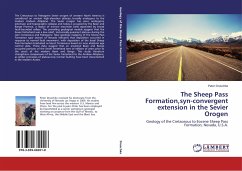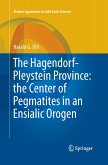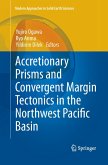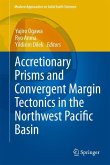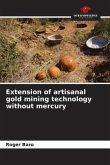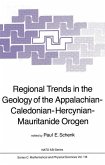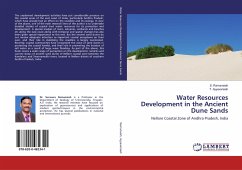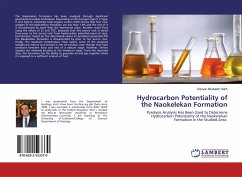The Cretaceous to Paleogene Sevier orogen of western North America is considered an ancient high-elevation plateau, broadly analogous to the modern Andean Altiplano. The Sevier orogen has since undergone extension and topographic collapse and today is occupied by the Basin and Range Province, a region of narrow mountain belts separated by broad fault-bounded valleys. The prevailing geological models suggest that the Sevier hinterland was a low-relief, tectonically quiescent plateau during the Late Cretaceous and Paleogene. New geologic mapping of the Sheep Pass Formation type section of Nevada indicates that deposition occurred in response to normal fault movement, with deposition of the basal Sheep Pass Formation bracketed as latest Cretaceous based on new absolute age control data. These data suggest that an ancestral Basin and Range occupied portions of the Sevier hinterland tens of millions of years prior to the onset of the modern Basin and Range. This study therefore strengthens comparisons of the Sevier hinterland to the Andean-Altiplano, as similar processes of plateau-top normal faulting have been documented in the modern Andes.
Bitte wählen Sie Ihr Anliegen aus.
Rechnungen
Retourenschein anfordern
Bestellstatus
Storno

